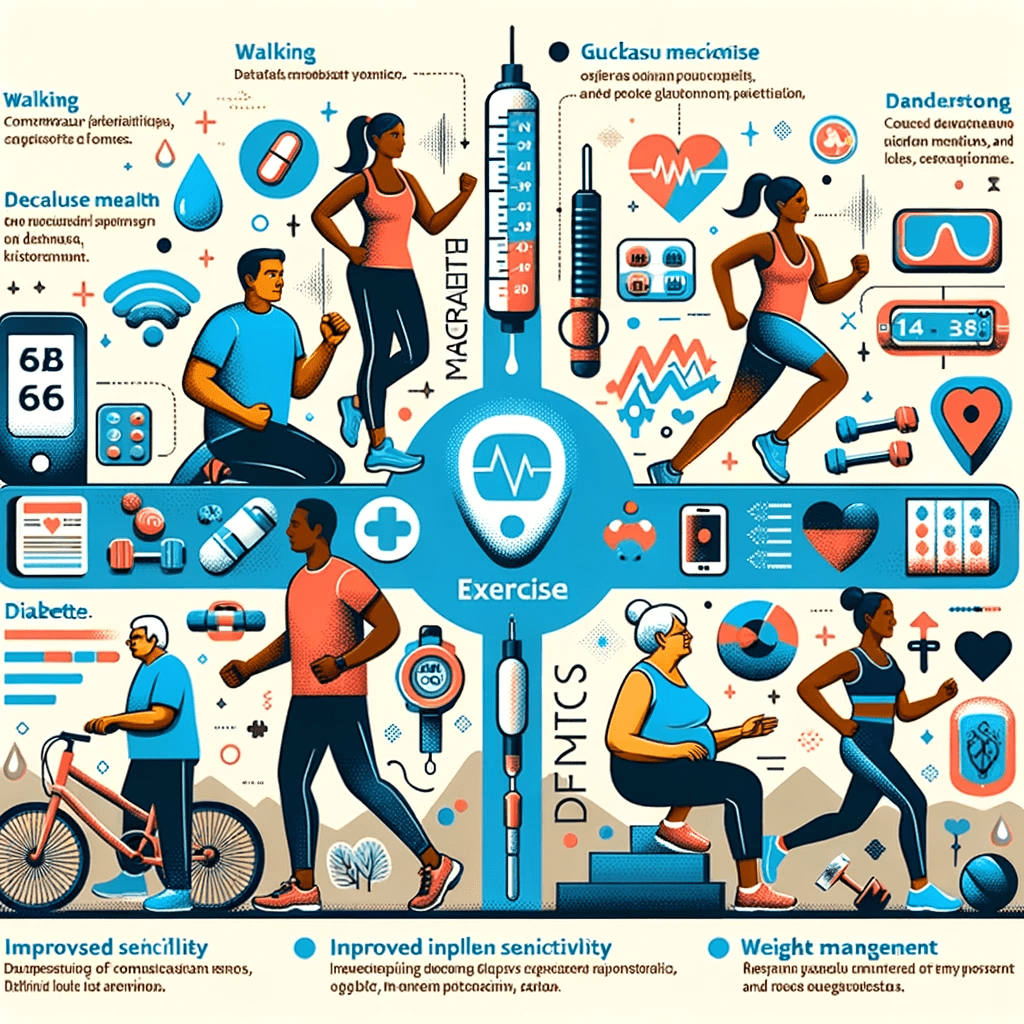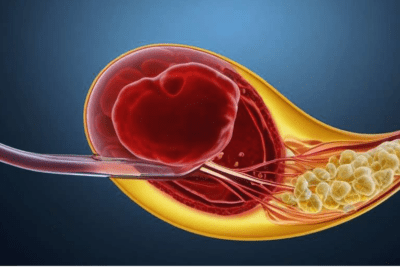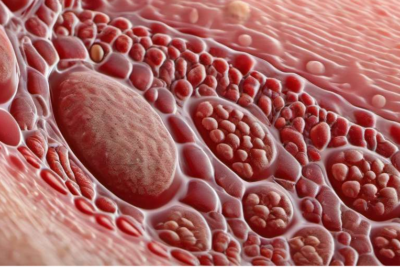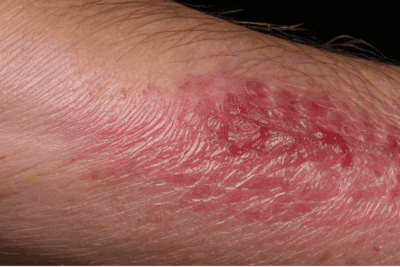
Diabetes is a chronic condition that affects millions of people around the world. Many wonder, is there a cure for diabetes? While there is no definitive cure, there are treatments and lifestyle changes that can manage the condition effectively, and ongoing research holds promise for the future.
What you\'ll find in this article?
What is diabetes?
Diabetes is a metabolic disorder characterized by high blood sugar levels over a prolonged period. It is classified primarily into Type 1 and Type 2 diabetes. Type 1 results from the pancreas's inability to produce insulin, whereas Type 2 diabetes is associated with insulin resistance and may later lead to a lack of insulin.
Managing blood sugar levels is crucial for preventing complications, such as heart disease, nerve damage, and kidney issues. The condition requires ongoing care and can significantly impact an individual’s quality of life.
Despite the challenges, many individuals lead full, active lives by managing their condition with medication, diet, and exercise.












Is there a cure for type 1 diabetes?
Currently, there is no cure for Type 1 diabetes, but it can be managed with insulin therapy. Research is focused on finding ways to protect or replace the beta cells that produce insulin, possibly through cell therapy or immunotherapies.
Treatments aim to maintain normal blood sugar levels and reduce the risk of complications. Innovative devices like insulin pumps and continuous glucose monitors are also improving the quality of life for individuals with Type 1 diabetes.
Can type 2 diabetes be reversed?
Type 2 diabetes is more common and is often related to lifestyle factors such as obesity and physical inactivity. It is possible for some people with Type 2 diabetes to achieve remission, which means maintaining normal blood sugar levels without medication.
Research has shown that significant weight loss through diet changes and bariatric surgery can lead to remission in some cases. However, it's important to note that remission does not signify a cure, as the condition can return.
A healthy lifestyle, including a balanced diet and regular physical activity, is essential for managing and potentially reversing Type 2 diabetes.
What are the latest diabetes treatments?
The latest treatments for diabetes include advancements in insulin therapy, such as ultra-long-acting insulins and inhalable insulin. Scientists are also working on innovative treatments for diabetes, including beta cell replacement and encapsulation technologies.
Another promising area of research is the development of drugs that go beyond controlling blood sugar to also protect the heart and kidneys.
Emerging technologies, such as artificial pancreas systems, are combining insulin pumps and continuous glucose monitoring to automate insulin delivery.
How do diet and exercise affect diabetes?
- Diet and exercise play a crucial role in managing both types of diabetes.
- Adopting a healthy diet helps control blood sugar levels and can reduce the risk of complications.
- Regular physical activity improves insulin sensitivity and can help manage body weight.
Together, diet and exercise constitute a powerful strategy for maintaining good health and managing diabetes effectively.
What is the future of diabetes research?
The future of diabetes research is promising, with numerous studies exploring potential diabetes cures in research, such as gene therapy and vaccine-based treatments targeting the autoimmune aspects of Type 1 diabetes.
Type 2 diabetes research is making strides in understanding how lifestyle interventions can lead to remission and how medications can be personalized based on genetic factors.
Ongoing research is vital to developing a cure and improving the lives of those affected by diabetes.
Can diabetes get cured permanently?
At present, diabetes cannot be cured permanently. Treatments are available to manage the condition and maintain blood sugar levels. Ongoing research aims to find a more long-term solution.
Lifestyle changes and treatments can lead to long periods of remission, especially in Type 2 diabetes, but vigilance is necessary as the condition can recur.
Why can't we cure diabetes?
The complexity of diabetes, involving the immune system and insulin production, makes finding a cure challenging. In Type 1 diabetes, the immune system mistakenly attacks insulin-producing cells, while Type 2 involves a complex interplay of genetics and lifestyle factors.
Researchers continue to investigate new treatments and potential cures, but as of now, a definitive cure remains elusive.
Is it possible to reverse diabetes?
Some individuals with Type 2 diabetes can achieve remission, which some may refer to as 'reversing' diabetes. This typically involves significant weight loss and lifestyle changes that can return blood sugar levels to normal ranges without medication.
Are we close to a cure for diabetes?
While we are not yet close to a definitive cure, the pace of research is accelerating. Innovative treatments and a better understanding of the disease's mechanisms are bringing us closer to significant breakthroughs.
Patients and healthcare providers remain hopeful that a cure will be found in the foreseeable future.
Diabetes management is a journey of monitoring and adjusting treatments. To further explore this topic, watch this insightful video that delves into the latest diabetes research:
Understanding diabetes is essential for managing the condition and improving the quality of life for those affected. With advancements in treatment and ongoing research, there is hope for a future where diabetes can be cured or effectively managed, leading to a healthier, more vibrant life.












